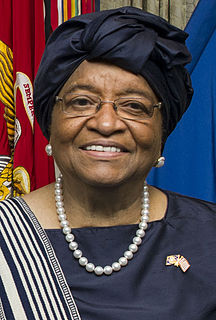A Quote by Neeru Bajwa
Girls and boys also face the societal pressure to get married which I find wrong.
Related Quotes
In some parts of the world, that sex selection for boys - and it's usually for boys - reflects sex discrimination against girls, and it leads to very large imbalances - in China, in Korea, in India - in the population between boys and girls, a vast disproportion of boys to girls, and it reflects really this discriminatory attitude toward girls.
Girls come to the gang for very different reasons than boys. For boys in marginalized communities, they have a gender problem, and they solve it often through gang membership. They find an ability to do masculinity in a way that reasserts their importance in a society that mostly ignores them. For girls, they're coming out of more damaged backgrounds. Their families are often the reason they get propelled into gang membership.



































